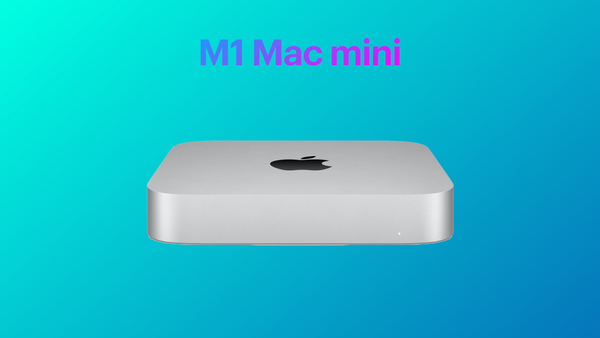My Personal Guiding Principles for Using AI Tools and Services
Today, I’m excited to share my ethics rules governing my use of AI under the “Personal Guiding Principles for Using AI-Based Tools and Services”.

In today’s world, do we refrain from using a spell checker in a word processor? No. Do we hesitate to use built-in filters in a photo-processing app like Lightroom or Photomator? I would argue that we rarely do. Do we mind using the automatic outline generator feature of a word processor? Nope. What about using PowerPoint templates where most of the presentation’s content is automatically formatted using many visual attributes? Because AI offers powerful accelerators for our digital work and because of its power, for me, it seems that some guiding rules are in order to frame my AI usage. I expect they will evolve over time. By sharing them publicly, I implicitly reveal that I occasionally use AI for my creative work.
- Never directly use AI responses in a document unless quoted and marked as coming from AI.
As AI is seen as a complementary tool, query results must be reworked, contextualized and used to create new content. - Always add a disclaimer when AI is used and divulge which tools were used.
Something like: Source: ChatGPT via Raycast. - Use AI as a complementary tool to accomplish something not at the center of a specific project.
AI should be considered like another tool in a more extensive toolset, like a Word Processor or a To-do manager. I must not forget about the creative goal and desired end product. - Consider each AI query as non-private; never use private information in queries.
Some AI clients could potentially gather data to help feed future training processes. It’s not a good idea to send queries with personal or sensitive data in them. Anonymize everything if such a thing makes sense when formulating queries. - Never trust AI responses, stay critical and do spot checks.
One of the biggest mistakes when using AI is considering responses as the truth. It would be a recipe for a disaster from a credibility perspective. Trust but check applies here. - Use AI on well-documented and established domains or bodies of knowledge.
Current AI models are trained on knowledge until the fall of 2021. Knowledge credibility takes time and generally comes with more credibility. - Use AI only on topics where I wouldn't mind talking about them in public.
I am not interested in trying controversial requests against ChatGPT or Midjourney. - Use AI only if meaningful added value is expected.
Using AI for the sake of using AI doesn’t bring value. It needs to help add value to the creative process. - Use AI on non-controversial subjects.
AI is about using knowledge, and in scientific communities, consensus is the basis for knowledge validation. Let the dust settle on controversies before making use of still-questionable knowledge. - Use AI to create something I don’t have enough abilities to produce similar results myself.
I am using AI as a complement to my current abilities. Life is short; I cannot learn everything. I need help sometimes. - When using AI for content summarization, If the content is determined of high value, it must be read in full.
When trying shortcuts like summarization, don’t forget the value of doing the real thing. - Keeping the human touch must be a top priority when using AI.
Using too much AI-created content can render the content too generic. - Use AI as a last resort.
It’s too easy to rely on AI all the time. Remember that AI is not an end by itself, it’s a complementary tool, and I already had great human abilities before AI came to be.
These rules are now officially part of my creative ethos. Do you have any?
Finally, AI is used within my creative workflows through these front-end conduits:
- ChatGPT website
- Raycast AI Chat
- MidJourney
- Whisper
- Micro.blog podcast transcription
- Audio Hijack Transcription block
- Kagi Summarize Results, Summary Document, Ask Questions
- Craft Assistant
- Grammarly
You can find this page on Numeric Citizen I/O.




